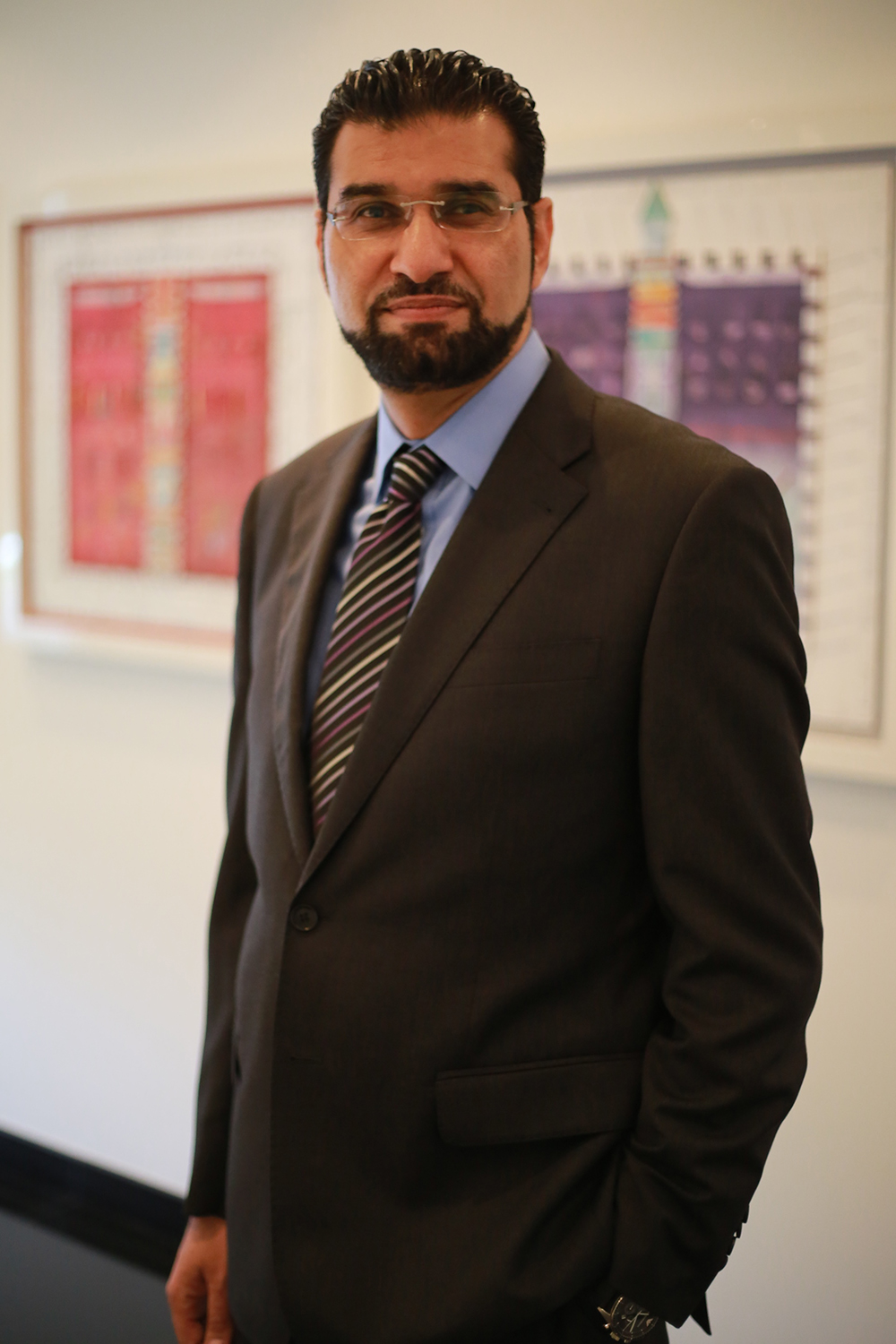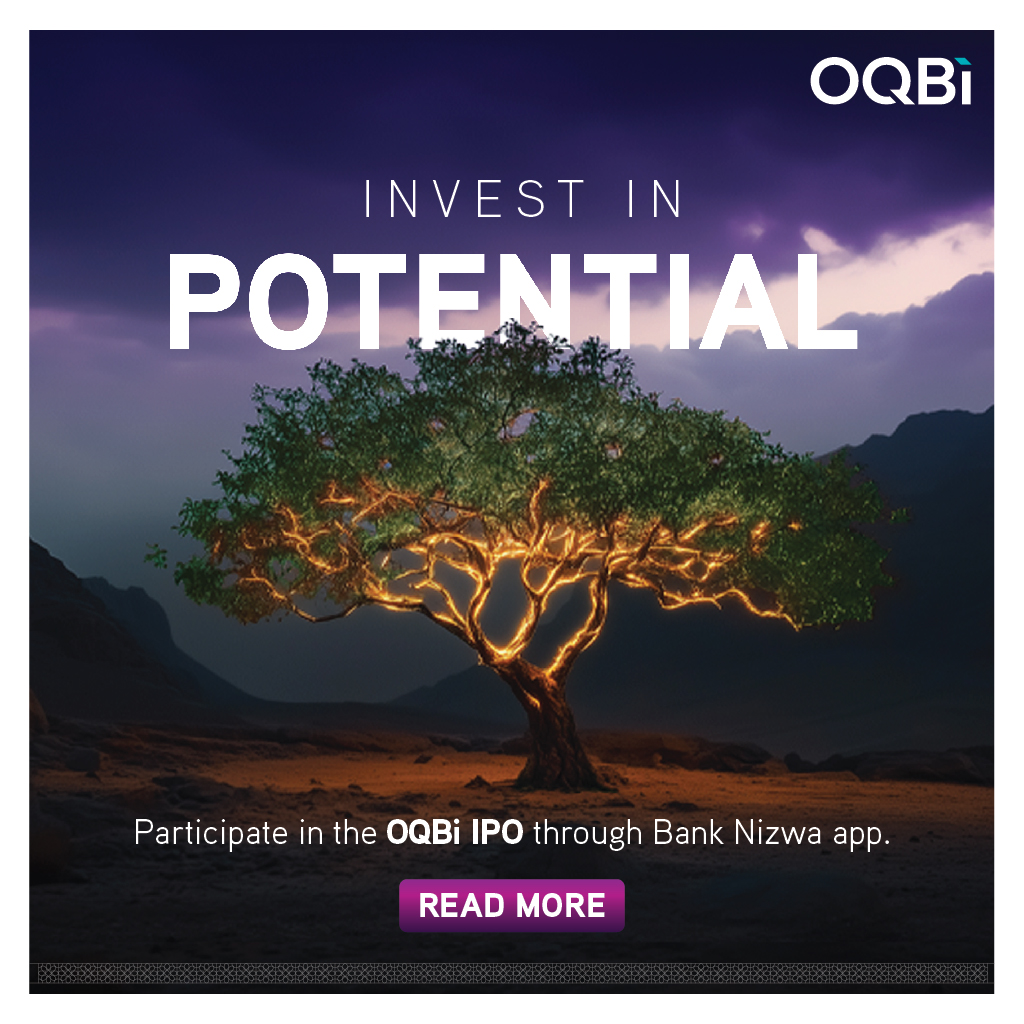Wednesday January 6, 2021

Mr. Khalid Al Kayed Shares insights on the future of Islamic finance in a post COVID-19 world, as part of the speaker panel
Representing Oman’s leading and most trusted Islamic bank, Mr. Khaled Al Kayed, CEO, Bank Nizwa, joined international experts and fellow industry leaders at the 15th annual AAOIFI-IsDB conference which was conducted virtually under the patronage of Central Bank of Bahrain and sponsored by Bank Nizwa.
The conference, organized by Accounting and Auditing Organization for Islamic Financial Institutions (AAOIFI) and the Islamic Development Bank (IsDB), was themed around ‘Adaptability of Islamic finance post COVID-19: navigating through the unprecedented times.’
With active participation of several industry leaders along with regulators and standard-setting organizations, particularly in the region, the conference shed light on the resilience of Islamic finance principles during the pandemic and provided the necessary guidance on the sector’s future. The conference also covered topics that revolved around the measures taken by Islamic Financial Institutions (IFIs) that contribute to social and economic development, and key opportunities and challenges for the Islamic finance industry during and post the COVID-19 pandemic.
Al Kayed participated as a panelist discussing the ‘Future of Islamic finance in post COVID-19 world: change of business model in consideration of social and economic developments.’ The panel highlighted the core principles that define Islamic Financial Institutions (IFIs), its distinct characteristics of transactions, and a successful track record of overcoming financial obstacles. Sharing his valuable inputs, Al Kayed said, “It is important to have unified standards in Islamic finance across the world, especially in Islamic countries. This is essential for better growth, stability, resilience, risk management, and consistency. Standardization has emerged as a key factor, both as an opportunity and a challenge, which is critical to take the Islamic finance industry into globalization, where the multi-national Islamic banks will play a key role in driving growth of the industry. Also, the role of regulators in any country will be important to keep the banking system, both conventional and Islamic, abreast and resilient, to reach its ultimate goal. Regulators should use national discretion to control matters which will have a direct impact on operational models, products and services. This way, we can witness good growth and developments in all Islamic banks.”
The 15th annual AAOIFI-IsDB conference was an influential gathering of international leaders and experts from across the Islamic finance industry and was attended by over 2000 global stakeholders. These included prominent scholars and senior officials from the central banks, regulatory authorities, Islamic financial institutions, and other international and multilateral organizations. In addition, there were accounting, auditing and legal firms, universities and higher education institutes, as well as media representatives from across the globe.
In just eight years, Oman has become the world’s 15th largest Islamic banking industry and commands 13.4 per cent share in the Sultanate’s total banking assets. Bank Nizwa, as the leading Islamic bank in Oman, is at the forefront of this remarkable growth. The bank continues its success journey by further cementing its leadership position in both Wholesale and Retail banking segments in terms of service excellence, franchise strength and business capabilities.




 Personal Internet Banking
Personal Internet Banking
